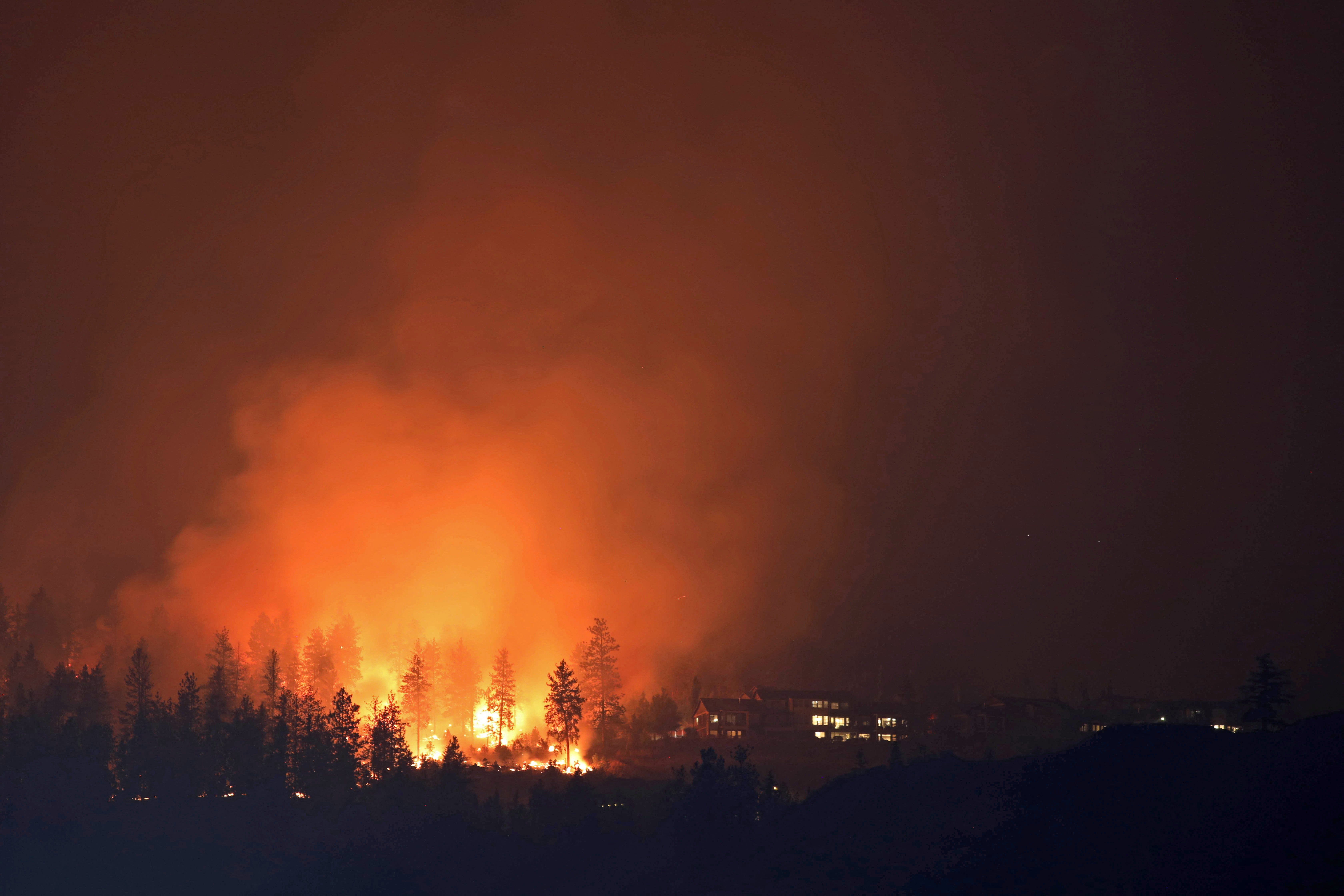30,000: At least 30,000 households in British Columbia, Canada, have been told to evacuate, with another 36,000 homes on alert, as the province battles an unprecedented number of wildfires. Further north, 20,000 residents of Yellowknife, the capital of the Northwest Territories, have also been ordered to leave their homes. Overall, 1,000 fires are burning across Canada in what is now the country’s worst fire season on record.
3: Two Israeli men were killed on Saturday in a suspected Palestinian attack at a West Bank car wash, and on Monday, an Israeli woman was shot and killed in Hebron. Since the start of 2023, Palestinian attacks against Israelis have claimed 30 lives while nearly 180 Palestinians have been killed in the worst spate of violence in the region in 20 years.
100: The US has canceled the visas of 100 Nicaraguan officials accused of restricting human rights and undermining democracy by supporting President Daniel Ortega’s regime. US Secretary of State Antony Blinken announced the measures on social media, stating, “We call on the regime to unconditionally and immediately release Bishop Álvarez and all those unjustly detained.”
3: Gen. Abdourahmane Tchiani, the leader of the military coup in Niger, took to the country’s airwaves on Saturday to propose a three-year transition of power to civilian rule, without giving further details. Tchiani also warned that any attempt at military intervention by ECOWAS or other forces would “not be a walk in the park.”
1: Prince William, president of England’s Football Association, was
heavily criticized for not attending the FIFA World Cup final between England and Spain, while
Queen Letizia got kudos for making the trip Down Under with her daughter Sofia. Maybe it made the difference – the Spanish squad
trounced the Lionesses 1-0.
